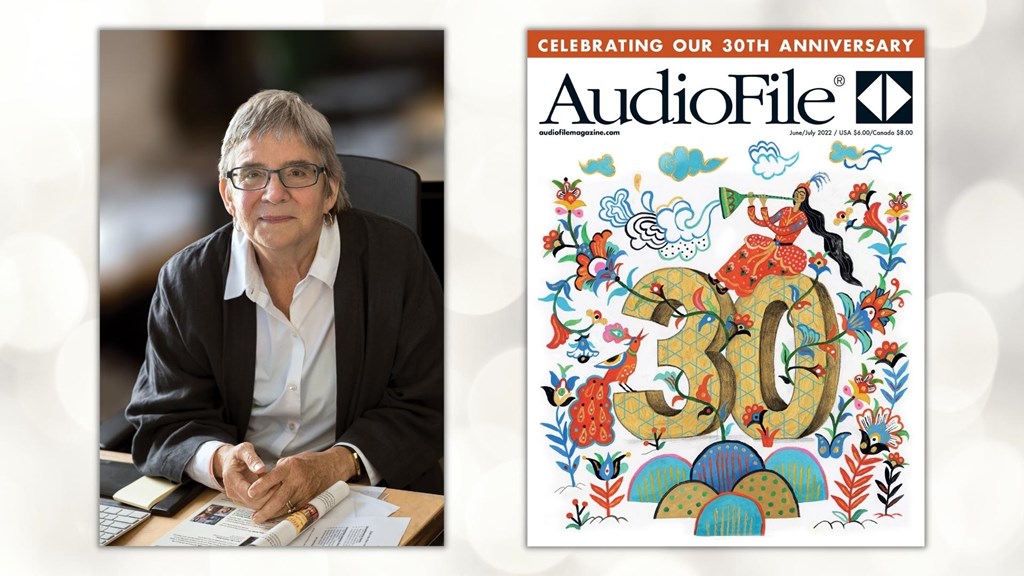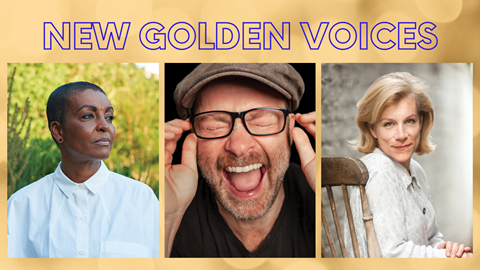On the occasion of AudioFile's 30th anniversary, Diane Reid spoke with editor and founder Robin Whitten about AudioFile’s origins, its growth, and how the mission propels the work. Take a deep dive into the history—and future—of AudioFile.
Diane Reid: Tell me what led you to start AudioFile.
Robin Whitten: The idea for AudioFile came from being an audiobook listener. I was driving around for work I was doing in Maine in the early 1990s, and the radio reception was terrible. A friend of mine recommended I get some audiobooks, which I did, and I discovered that the Portland library had a nice selection. I got hooked the way all listeners usually do.
Then—at the time, I was on the library board—I learned the director was also an audiobook listener. He said audiobooks were fairly new to the library, but it was one of the material collections in constant use. He could not keep them on the shelves, essentially. At that time audiobooks were abridged and on cassette. You know, cassettes, like the Dark Ages. Now it’s hard to even find anything that will play them. Anyway, he and I started talking, and I realized their process of selecting audiobooks had very little to do with the actual audio performance. I said, “You know this is a performance, it’s like a music performance, or if you saw a film. There are creative choices made by the narrator. It should be reviewed.” So, I naively said—you know, this is the days of desktop publishing—I could write some reviews. That’s where my research started, on what that could look like, and how I could do it.
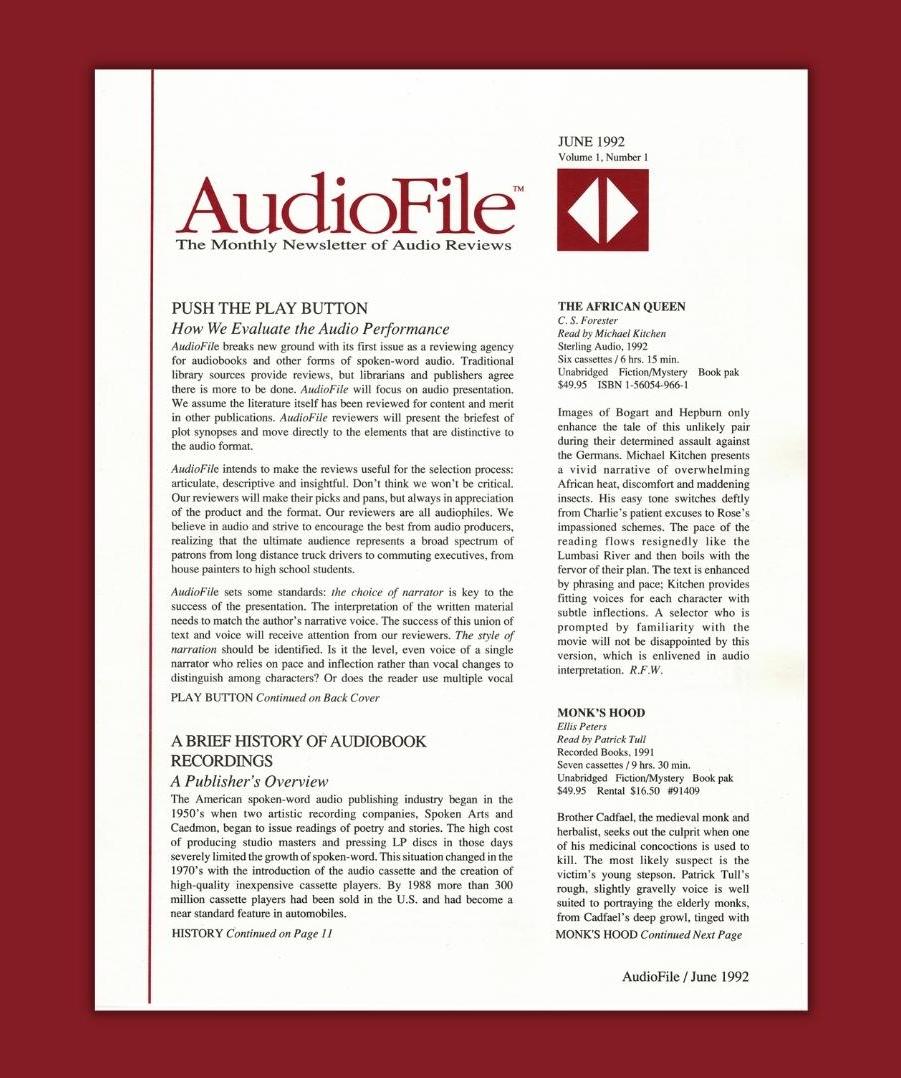
In June 1992 I published the very first issue of AudioFile. It was twelve pages, and we reviewed 25 audiobooks. It was primarily for libraries to use in collection development. I was on a publishing schedule, one every month, and I just kept going, learning as I went. In general, audiobook publishers were welcoming, particularly those who were library publishers doing unabridged audiobooks.
It went on, and the audiobook industry changed. CDs arrived, and then digital download titles were available through Audible. When Audible released their first self-contained player for a digital file, it was a total game-changer. I mean, there are a lot of business things around this, but for me as a listener, the change from cutting the book up into parts, whether it’s a cassette part, or a CD part, or any way you carve it up, it was in parts. When we get a book, we don’t usually rip it up into chapters and throw it around. We have it all in one place. The digital file of an audiobook was suddenly like, “That’s the way it should be,” the way it was recorded, not broken up, but as the author intended it. Over time, the technology has changed, the audience has grown massively, the industry has grown massively, but AudioFile’s purpose continues to be the same, which is to review and recommend the best audiobooks, to help people find what is available that makes for terrific listening.
DR: I hadn’t realized it started through the library, but that makes total sense.
RFW: Well, librarians know what to do with reviews.
DR: Who are your colleagues at AudioFile you work most closely with?
We are a small team of editors, essentially, at AudioFile. Jennifer Dowell is the Managing Editor who puts together the magazine. She evaluates new titles coming out and determines which ones to pass through to the next stage of consideration for review. There are literally thousands of audiobooks coming out all the time, and we triage to select titles we think our readers will be interested in, not miss any of the big books, find unexpected gems, and get the reviews. We have “Reviews of the Day” on our Twitter feed, and Jenn picks those, which are important. We are producing 50 or more reviews every week, so if we pick five Reviews of the Day, this is what we really want people to pay attention to.
Emily Connelly is Assistant Editor, working with reviewers, communicating assignments, and scheduling titles. She does our podcast scheduling, managing the files to get podcasts into final form. She works with partners like Lit Hub and Libro.fm, sharing our reviews. We find that partners have a book reading audience; we share recommendations with sites and programs so they also have an audiobook presence.
Our main reviews editor, Elizabeth Dodge, has worked with me since June 1992 and has edited every single review we’ve ever published, more than 50,000 of them! That’s quite a feat.
Our publisher, Michele Cobb, does a lot of business work with us. She also runs our webinars and helps contact publishers and various organizations.
We have a Podcast Producer, Jessica Lockhart, who puts the whole podcast together, and our podcast host, Jo Reed. Jen Steele produces the magazine, and Francisca Goldsmith runs our social media as well as co-managing the SYNC program. Support staff do a tremendous amount of work behind the scenes. That includes data entry, downloading files, all kinds of technical details.
Then we have our reviewers, who are, of course, essential to getting the job done. We work with about a hundred reviewers all around the country who are audiophiles—with a “ph.”
DR: What roles do you see growing the most?
RFW: I am interested in growing our reviewer pool; the team could be more diverse than it is. That’s one of our initiatives. We’d like to get more diverse points of view, whether culturally, from work backgrounds, or personal interests.
We’re always on the lookout for ways to reach listeners and readers about audiobooks. The podcast platform is in our sights for reaching an audience that is interested in the medium but may not be there yet.
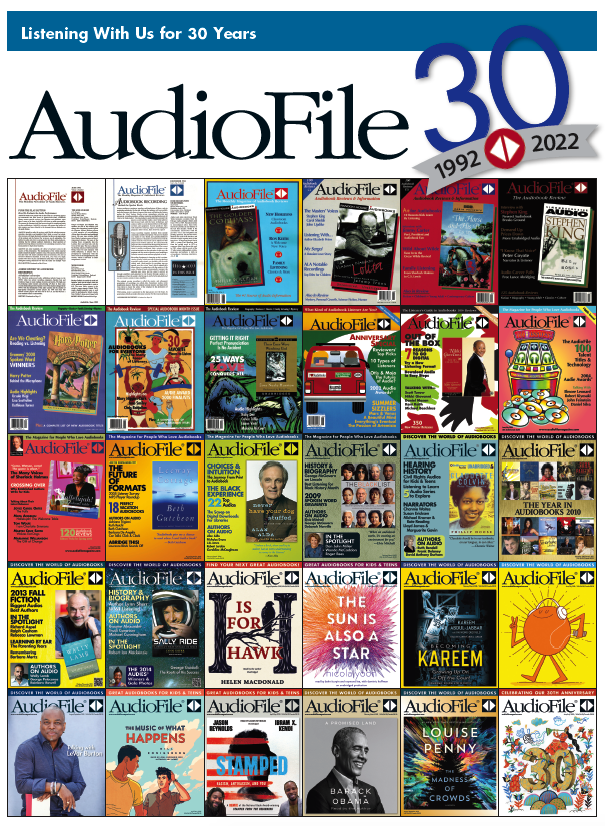
DR: What does a typical day look like for you?
RFW: Let’s just talk about some of the things that I do during the day, maybe that’s easier. I assign reviewers daily, seeing what titles are available in our catalogue system, which reviewers need new titles, and matching them. I review the schedule for all the different things we are publishing in any one day. For example, we might publish a Review of the Day, a Behind the Mic podcast, we have new chapters for Pride and Prejudice on the Audiobook Break podcast, have a romance article publishing on the site, and a special email going out from one of the publishers. I am involved in planning programs coming up and wrapping up programs that have just happened.
I also review reviews. When a review comes in, it is submitted online, and before we send it to Elizabeth Dodge and the editing program, I read it over. If it doesn’t make sense to me, I send it back. It’s a cold read for every review: Is it interesting, does it focus on the audio performance enough, does it include the narrator’s name, a few things. If that’s all there, I check it off and send it to Elizabeth for copy edit. I don’t see it again until it’s published.
DR: Do you work closely with the Audio Publishers Association?
RFW: Yes, we are members. Michele Cobb is currently the Executive Director. APA is the trade organization for all audio related people: publishers, narrators, and support industries that are part of audiobooks. We support their activities and programs, including The Audies, the APA’s award competition for selected audiobooks. On our website we have the nominees and finalists, including reviews, sound clips, and presentation of all finalist titles.
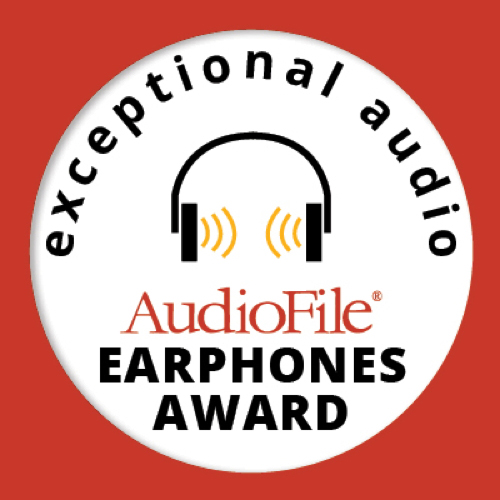
DR: AudioFile has the Earphones Awards, which appear to be coveted by narrators. How is that different?
RFW: Our reviewers nominate titles they find truly exceptional for Earphones Awards. It is an AudioFile award and, unlike the Audie, not a competition. Both are accolades for excellence. Earphones are ongoing, being given every week. We probably give out a couple hundred of those a year. It’s prized because we are celebrating the work a narrator has done as a performance.
DR: Take me on an audiobook’s journey beyond the initial review in AudioFile. How does the magazine support the marketing of an audiobook?
RFW: Well, we’re not marketing the audiobook, that’s the publishers' job. But if we like that audiobook, we want to tell people about it. So first we get the review, and if it’s really a terrific review, it might be a Review of the Day. If it’s a title with special appeal, we flag it for podcast consideration, and that’s not many. Each of the podcast editors picks their own titles. This is the type of discovery I think is important in our work.
Another review might be something Jenn looks to include in one of our newsletters. We might reach out to a narrator and ask for a comment, especially for brand-new titles. If it’s a new title that isn’t out yet, nobody’s heard it except the narrator, and the reviewer. We think it’s kind of fun to ask the narrator what was special about it. What should we be paying attention to?
We publish the review on our website, and it goes out in an email sent each Thursday containing all our reviews for the week, full text. This goes to professional subscribers: all the libraries, narrators and publishers looking for their reviews. Jenn may select one to feature on the website. If it’s an Earphones Award winner, it goes on the Earphones pages. Emily might decide it would be a good partner share, so for example if it’s a mystery, we share with a website called Novel Suspects, all about mysteries. Every month they like a selection of new audiobook mystery titles we recommend.
We also have newsletters about the SYNC teen free audio program we do in the summer. And we feature interviews with authors and narrators, both on the site and as special episodes of Behind the Mic, such as with Rosalyn Landor, the narrator for all the Bridgerton books.
DR: Aside from sheer numbers of reviews, how has the audiobook industry’s growth affected AudioFile? What trends are you keeping an eye on?
RFW: I’m always interested in the volume of audiobooks being produced. It has grown exponentially. It was not that many years ago that it was maybe less than 5 or 10 percent of all books published—that’s a guess, but there weren’t very many selected from the print book to have an audio edition, even by major publishers. There’s been huge growth in how many print books are made into audiobooks by major publishers, and huge growth in the do-it-yourself audiobooks from independent authors and publishers. You have your publishing giants, and then you have a lot of authors, small presses, and individuals producing audiobooks. We’re very interested in that. The books getting all the publicity come from the big publishers, but that doesn’t mean there aren’t some fabulous things to listen to coming from publishers you might never run across. We like to pay attention to what independent authors and publishers are doing, and DIY platforms have made that a lot easier.
There are also changing styles in audiobooks, which are perhaps not new, but audio drama is having a new moment. By that I mean a cast of actors interacting in the conversation. There might be sound effects, music; it’s like old-style radio coming back, in a way being reinvented with new technology and new ideas. There’s development which melds podcasts, original audio programming, getting a lot of interest and more things are being produced.
We’re also seeing multiple voices on one audiobook, an ensemble. There might be four points of view with four narrators. It may be a group of stories or essays, and a different narrator for each. There are lots of ways, but within one audiobook there may be numerous actors with different roles.
DR: What do you find to be most challenging about this work?
RFW: For a very small company, we do a lot of interesting things. It’s hard to get noticed. We have a lot of fans, but there are folks who listen to audiobooks who don’t know who we are. From a business and mission point of view, that is probably the biggest challenge, not being a secret.
DR: What is most rewarding?
RFW: I love making narrators happy, like when somebody gets a wonderful review, or they get their first Earphones. Narrators are the people who make the magic, and they don’t get all the attention they deserve. It’s really hard work. They’re isolated in that little booth, have no audience they can see, nobody’s clapping for them, and when they get praise, or something is highlighted, they are so happy, and they get the kind of kudos they deserve. It doesn’t happen as often as it should.
DR: Where do you see AudioFile heading in the next few years?
RFW: We’re going wherever audiobooks are going. I can tell you where we’re not going. We’re not going into AI voices. That’s a current hot button, people are talking about using artificial voices for audiobooks. AudioFile is not doing that; we’re all about the human voice. We support what the human voice can do, and we think it does it better. I’m sure there are lots of ways artificial voices will be useful, but not in audiobooks, please.
Robin Whitten photo by Kevin Brusie.


